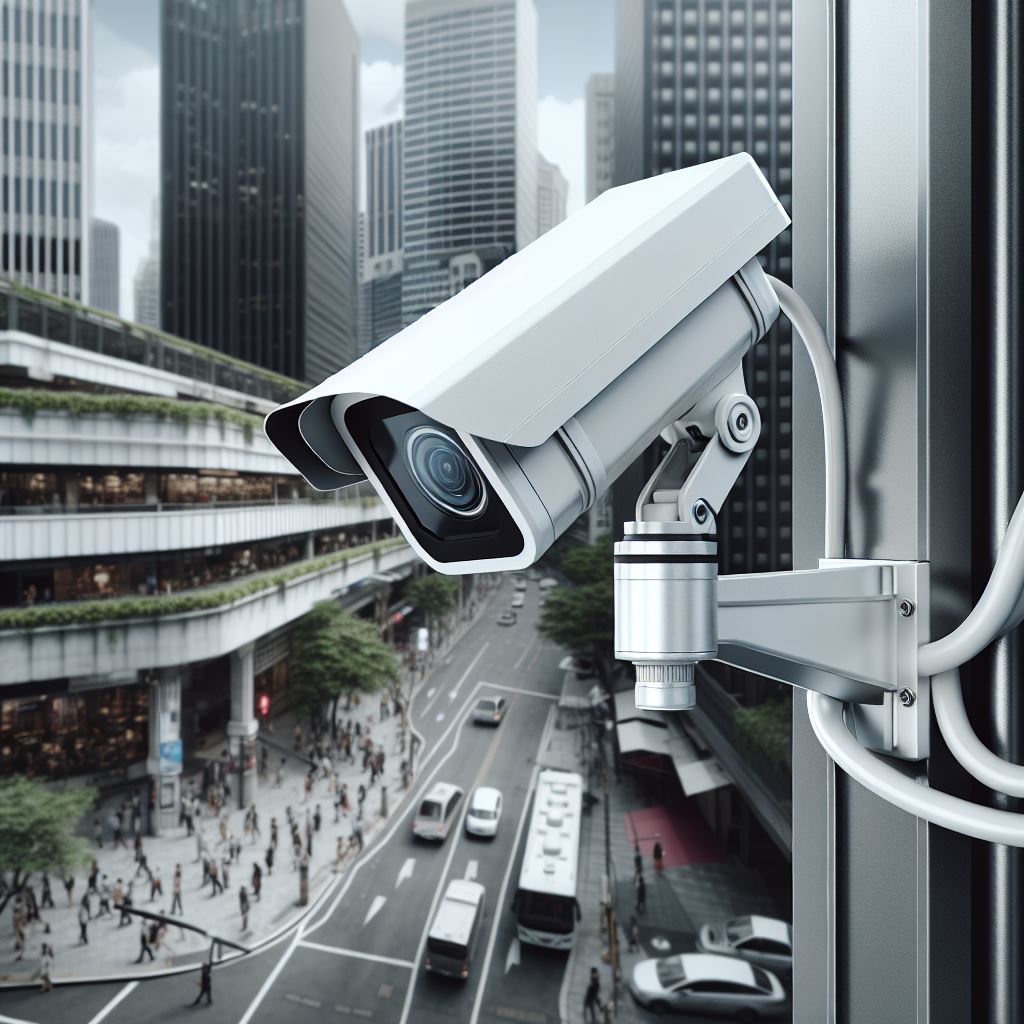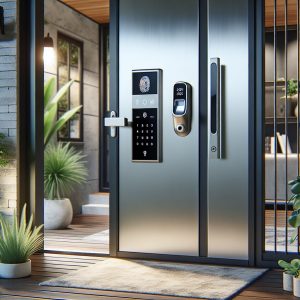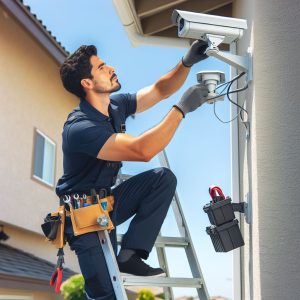Introduction
Closed-circuit television (CCTV) systems have become an integral part of modern communities, playing a crucial role in enhancing public safety and security. This article explores the various ways CCTV is utilized within communities, the benefits it offers, and the considerations it raises.
Enhancing Public Safety
- Crime Deterrence: The presence of CCTV cameras in public spaces such as parks, streets, and shopping centers act as a deterrent to potential criminals. Knowing that their actions are being recorded reduces the likelihood of crimes such as theft, vandalism, and assault.
- Monitoring High-Traffic Areas: CCTV systems are strategically placed in high-traffic areas to monitor activities and ensure public order. This includes town squares, transportation hubs, and event venues. The constant surveillance helps in maintaining order and quickly addressing any suspicious activities.
- Supporting Law Enforcement: CCTV footage is invaluable for law enforcement agencies. It provides evidence that can be used in investigations and court proceedings. This footage can help identify suspects, corroborate witness statements, and reconstruct events.
Traffic Management
- Monitoring Traffic Flow: CCTV cameras are used to monitor traffic flow and manage congestion in busy areas. This helps in optimizing traffic signals and improving overall traffic management.
- Accident Investigation: In the event of a traffic accident, CCTV footage can be used to determine the cause and identify responsible parties. This is particularly useful in hit-and-run cases where eyewitnesses may not be available.
Emergency Response
- Real-Time Monitoring: CCTV systems enable real-time monitoring of public spaces, allowing for quick response to emergencies such as fires, medical incidents, or natural disasters. This immediate access to information can save lives and mitigate damage.
- Coordination with Emergency Services: CCTV footage can be shared with emergency services to provide them with accurate information about the situation on the ground. This helps in coordinating an effective response and ensuring that resources are deployed where they are needed most.
Privacy and Ethical Considerations
- Balancing Security and Privacy: While CCTV systems enhance security, they also raise concerns about privacy. It is important to balance the need for surveillance with the right to privacy. This involves ensuring that cameras are placed in appropriate locations and that footage is used responsibly.
- Regulatory Compliance: CCTV systems must comply with local laws and regulations, such as data protection and privacy laws. This includes informing the public about the presence of cameras and ensuring that footage is stored securely and accessed only by authorized personnel.
How does CCTV impact crime rates?
CCTV systems have been widely studied for their impact on crime rates, and the findings generally indicate that they can be effective in certain contexts. Here are some key points:
- Crime Reduction: Research shows that CCTV can lead to a modest reduction in crime, particularly in specific areas like car parks and residential neighborhoods. For example, a systematic review found that CCTV in car parks can reduce crime by up to 51%.
- Deterrence Effect: The presence of CCTV cameras can deter potential offenders. Knowing that their actions are being recorded makes individuals less likely to commit crimes such as theft, vandalism, and assault.
- Enhanced Detection and Response: CCTV footage aids law enforcement in detecting and responding to crimes more effectively. It provides valuable evidence that can help identify suspects and reconstruct events.
- Displacement Effect: While CCTV can reduce crime in monitored areas, it may also cause crime to shift to areas without surveillance. This phenomenon, known as the displacement effect, suggests that CCTV should be part of a broader crime prevention strategy.
- Public Reassurance: CCTV can enhance the public’s sense of safety and security. People feel more secure knowing that surveillance is in place, which can encourage the use of public spaces.
Conclusion
CCTV systems play a vital role in enhancing community safety, managing traffic, and supporting emergency response efforts. However, it is essential to address privacy concerns and ensure that these systems are used responsibly and in compliance with legal requirements. By striking the right balance, communities can benefit from the security and peace of mind that CCTV provides. Overall, while CCTV is not a standalone solution for crime prevention, it can be a valuable tool when used in conjunction with other measures. Its effectiveness varies depending on factors such as camera placement, monitoring practices, and the type of crime being targeted.





